5 Reasons Why Japan Does Watermelon Better
This Isn't Your Regular Fruit
Don't say you love watermelon until you've tasted the Japanese version of this summer treat.
As a preschool teacher in Japan, I often hear (and use) the question: “what is your favorite fruit?” For me, the answer is easy: watermelon. But not just any watermelon, Japanese watermelon!
You see, I’ve devoured watermelon in the Middle East, Europe, America, Australasia, and Asian countries outside of Japan. However, I stand by my word that the Japanese watermelon is one in a melon (forgive me, I had to!)
If you’re not on the same page (yet) and you’re still not sure why these watermelons are special, let me break it down for y’all.

1. Nom factor: You’ve got a winner!
Watermelons are sweet regardless of which part of the world you’re enjoying them in, but nothing compares to the Japanese watermelon—these babies are crazy sweet delicious!
The main reason behind this is that watermelon in Japan—like many other fruits, in fact—is considered a luxury: something you’d give to a really important senpai as a thank you or summer gift rather than something essential for your seasonal diet.
With that in mind, farmers in Japan grow watermelons as if they were a piece of rare jewelry to please your guts: they choose the perfect soil, the perfect seeds, the perfect pruning methods and everything else to make them look and taste heavenly—if watermelons could be massaged, I bet that’d happen, too!
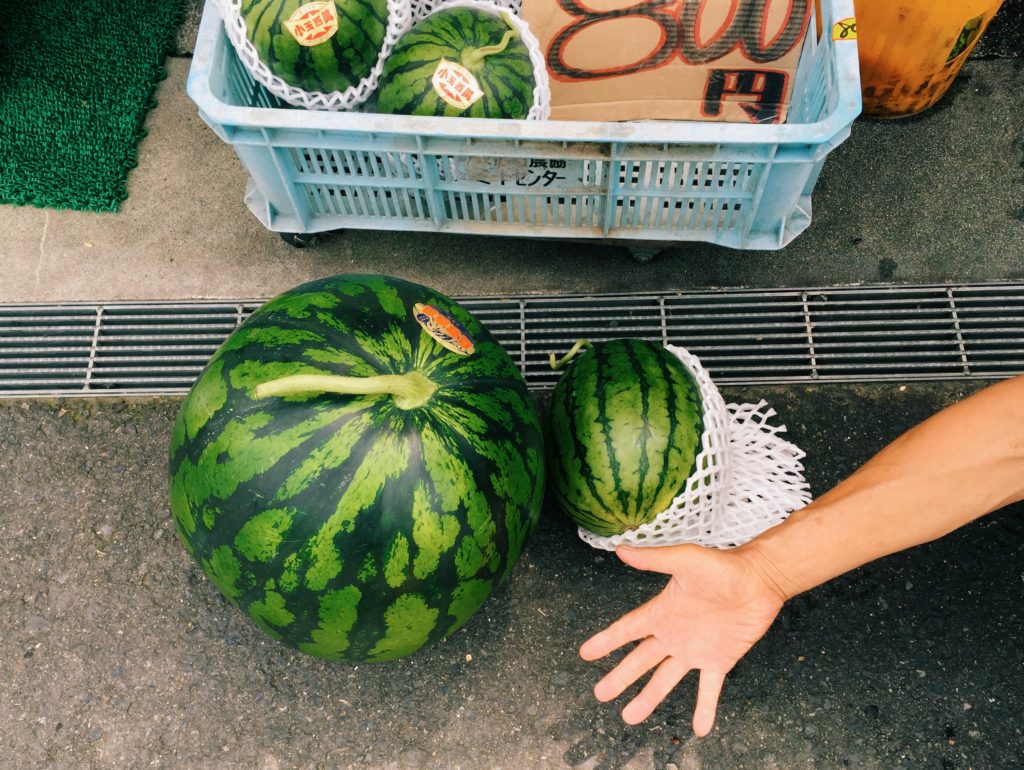
And they come in all sizes, too!
To add to that, Japanese watermelon’s rind is much much thinner than all other kinds I have eaten, (i.e countless) meaning, getting plenty more for your buck.
2. Shapes and figures: Too many fancy kinds
Square… pyramid… heart-shaped… and black. Japanese are incredibly creative when it comes to producing out-of-the-box fruit.
Square watermelons, which are typically sold only at expensive department stores, were originally intended for space efficiency in small refrigerators. The fruits are placed into special containers in the shape of a cube to make them grow in a cube shape. Today, they are primarily sold for ornamental novelty due to their unmentionable price tags.
View this post on Instagram
Joining them are watermelons in the shape of hearts, pyramids, and even jinmen suika–watermelons in the shape of a human face! A bit creepy, but, hey, how creative is that?
Lastly, black watermelons, are produced in the town of Toma, Hokkaido island. They are famous for their extra sweet taste in comparison to normal Japanese watermelons—which as already mentioned are super sweet in the first place.
View this post on Instagram
3. An essential summer adventure: No prep piñata
Now that we’ve established that watermelons are gifts and delicious summer treats, you should also know that they are culturally significant too. You haven’t attended a true Japanese summer community gathering or festival in Japan if it hasn’t included suikawari (literally, watermelon splitting).
Much like the game of piñata in Mexico, suikawari involves cracking a watermelon open with a wooden stick, or bokken (a wooden sword), while blindfolded. Then, break the watermelon and share slices among the participants. For this reason, don’t forget to place a clean sheet or cardboard box beneath the watermelon before the game begins.
View this post on Instagram
4. Watermelons have some health benefits, too
Perhaps this should have been at the top of my list. Watermelons, in general, boast incredible health benefits.
Firstly, watermelon is 92% water (hence the name) making them a perfect hydrating summer snack. In addition, watermelons are high in vitamins A and C which are fantastic for skin and hair health as well as boosting our body’s immunities and combating fatigue.
Considering that you’d want to lick your hands every time you eat Japanese watermelon, you’ll basically be making your body a huge favor.
5. Purely entertaining and extremely versatile
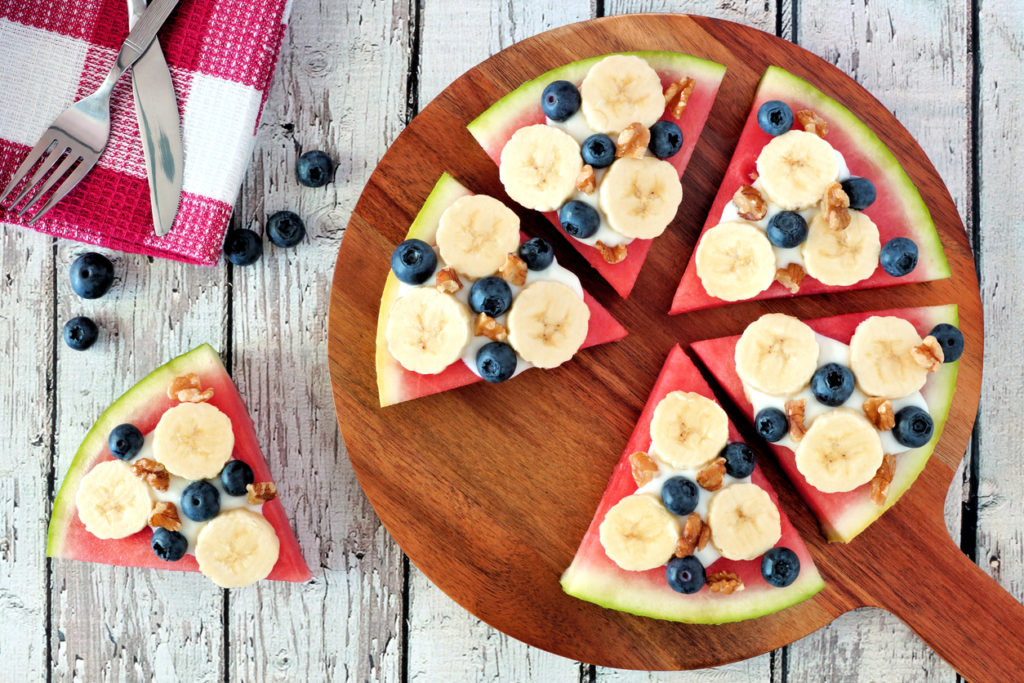
Personally, I can eat watermelon for breakfast, lunch, and dinner. That’s how much I love it.
It is common in Japan to eat watermelon with a bit of salt to make them taste even sweeter, but my guess is that coming from abroad you wouldn’t like that. Instead, you can use your Japanese watermelon to make all kinds of unique drinks and dishes! Watermelon juice, chopped in a savory or fruit salad, breakfast bowls, and or plain yogurt, watermelon “pizza,” watermelon “popsicles,” and many more. Be inventive!
View this post on Instagram
My personal favorite salad is my “summer special”: watermelon, cucumber, feta, fresh, fresh basil, and walnuts dressed in balsamic vinegar. Similarly, you can try making a watermelon salsa—simply mix watermelon, mango, red onion, basil, and cucumber, dress with fresh lime juice and season with salt and pepper. You won’t believe how good this tastes like!
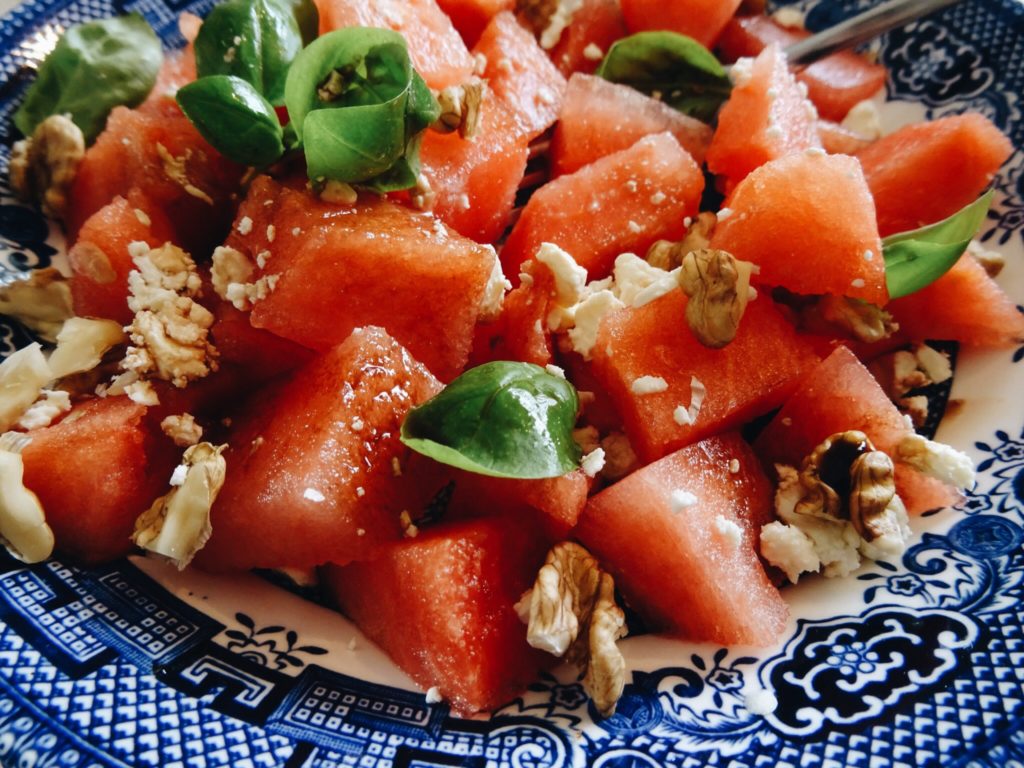
Japanese watermelon “summer special” salad.
The downside: It’s a pricey fruit!
Ok, every rose has its thorns and every Japanese watermelon has its downside: it’s damn expensive. Consequently, watermelons as gifts might cost you as much as ¥10,000-¥15,000—especially if they come in a heart or cube shapes. However, given that even the usual watermelons at the supermarket (those are sold for around ¥600-¥3,000) taste so good, it might be definitely worth giving it a try—at least once in your Japan life!
Enjoy the watermelon season!
View this post on Instagram
This article was originally published in 2018 and edited on Aug. 27, 2020.












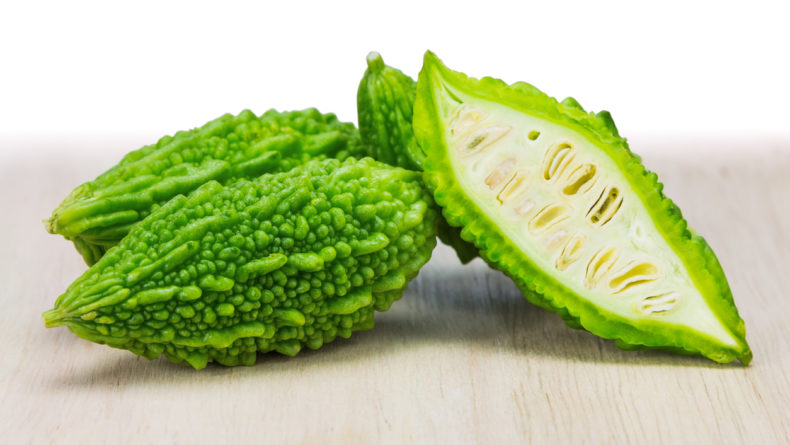
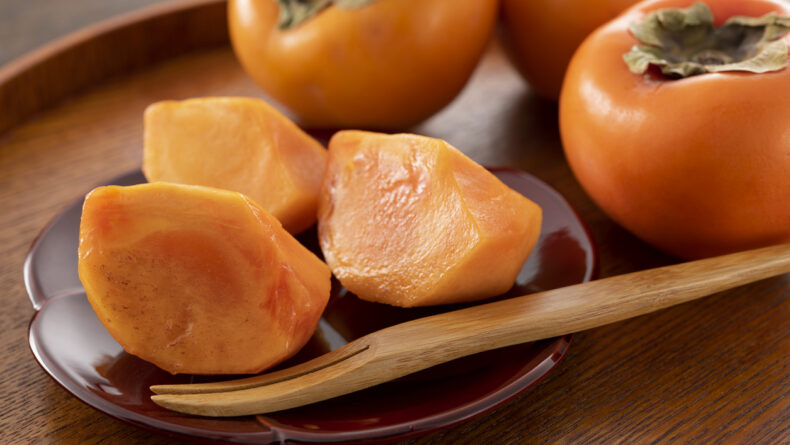
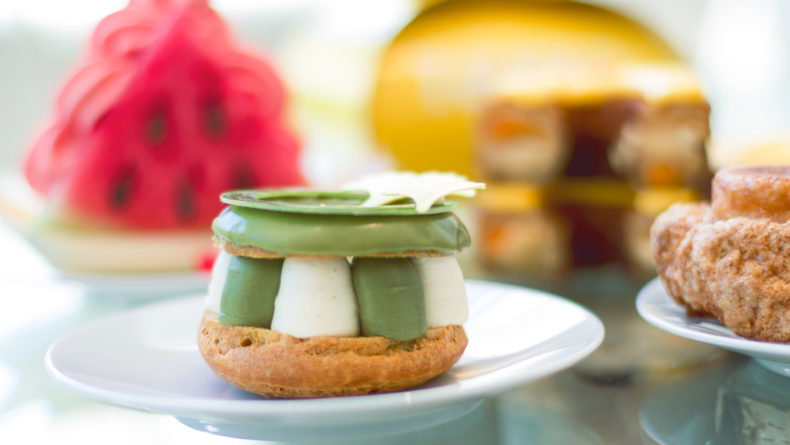
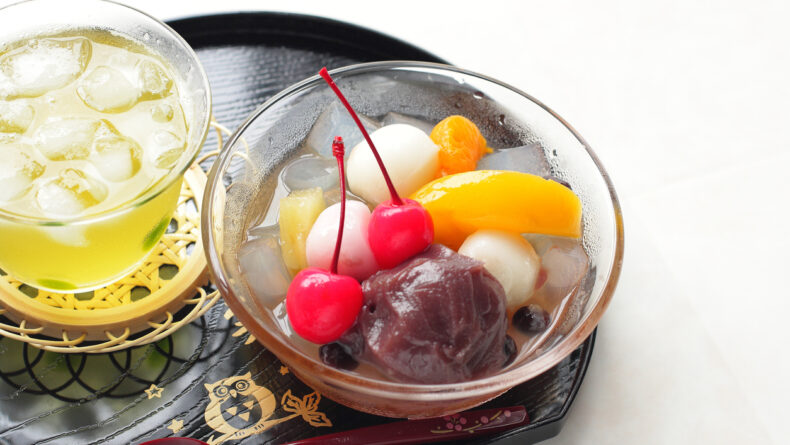
Salt on watermelon is extremely common. Maybe it’s a southeastern United States thing. We always use salt on watermelon. It brings out the flavors in watermelon. I also like cracked black pepper on mine!